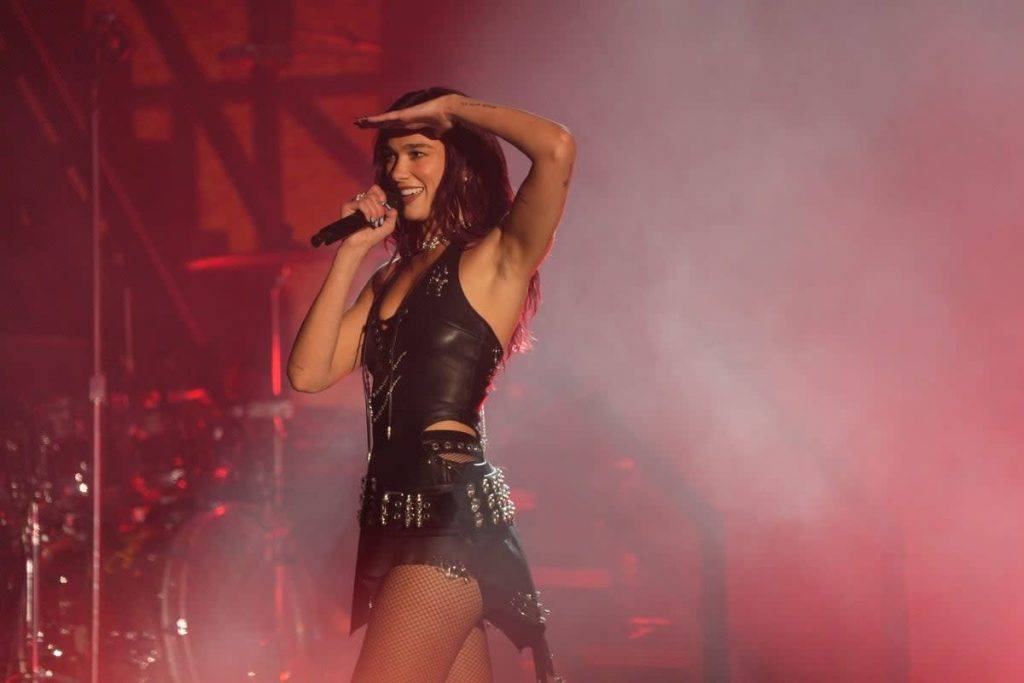Touts are finished!
- The UK government is set to ban the resale of tickets for concerts and sporting events at inflated prices, targeting ticket touts using automated technology.
- Music artists and bands are advocating for stronger measures against the secondary ticket market, which they argue undermines accessibility and fairness for fans.
- Critics, including resale platforms, argue that price caps could lead to increased illegal trading and fraud, suggesting a more competitive market instead.
UK plans ban on ticket scamming touts in bot-buying era
The British government will ban the resale of tickets for music concerts, shows and sports events at inflated prices, targeting ticket touts using modern technologies to turn a profit, a government minister said on Tuesday.
“We are committed to ending the scandal of ticket touts,” Housing Minister Steven Reed told BBC News, saying that ministers would set out the plans in more detail in the coming days.
He said the government was targeting modern ticket touting that often forced fans to pay “through the nose” to attend popular events. The government first voiced concern about so-called “dynamic pricing” practices last year.
Investors had already taken note of the plan, with shares in the US company StubHub, which owns the ticket reselling giant Viagogo, falling by 14% on Monday amid the first reports of a ban in British media.
Automated purchase and resale for predictable sell-out events
Tickets for popular music festivals like Glastonbury or tours by artists like Taylor Swift, Oasis or Radiohead tend to sell out online in a matter of minutes rather than hours, appearing online at inflated resale prices almost immediately.
Touts use automated programs or “bots” to beat online queues for tickets.
Radiohead’s upcoming tour in London is one of the most expensive on resale sites. Standing tickets for its show on Friday, originally priced at 85 pounds (roughly $112 or €96), were on Viagogo from 682 pounds on Tuesday.
Money for nothing (but the tix aren’t free)
Recording artists do not benefit from these mark-ups, only the original ticket purchasers and the resale sites, which often charge purchasing and sales fees as brokers.
Radiohead was one of a series of bands and artists — including Coldplay, Dua Lipa, Iron Maiden, PJ Harvey and Mark Knopfler — to publish an open letter in magazine “Which?” last week urging the British government to follow through on the plan to target “the extortionate and pernicious secondary ticketing market.”
They called for the plans to be included in the next King’s Speech to parliament setting out government policy plans for 2026.
“For too long certain resale platforms have allowed touts to bulk buy and then resell tickets at inflated prices, forcing fans to either pay above the odds or miss out entirely,” they wrote. “This erodes trust in the live events sector and undermines the efforts of artists and organizers to make shows accessible and affordable.”
They advocated a price cap on ticket resales, to limit how lucrative the business can be.
New York mayor-elect Zohran Mamdani had also highlighted the issue with a view to the 2026 World Cup in North America during his election campaign, with New York one of the venues.
Industry argues price caps will fuel black market instead
Viagogo responded critically to the reports in the UK, saying the government’s approach would backfire and fuel an illegal secondary trading market instead, increasing risks like fraud. They advocated a verified ticket system instead.
“Evidence shows price caps have repeatedly failed fans,” a company spokesperson argued. “In countries like Ireland and Australia, fraud rates and nearly four times higher than in the UK as price caps push consumers toward unregulated sites.”
Instead they recommended “opening the market to greater competition,” saying this would help “drive prices down, benefiting fans.”
Details of the British government plans are yet to be published, but media reports in the UK suggested a cap in the region of 30% above the face value of tickets. Left-leaning newspaper The Guardian reported that selling tickets above face value would be banned entirely, and that there would be a cap on the fees that resale platforms could charge.
“Our manifesto commitment was to tend to appalling abuses that you see already in the secondary ticket market. We said we’d deal with it in the General Election, we intend to, and that’s the main part of our consultation,” Labour MP Chris Bryant told music magazine “NME” earlier this year. “We’re not asking whether to act, we’re asking how to act and what action to take.”
Also on Tuesday, Britain’s Competition and Markets Authority (CMA) regulator said it had opened investigations into the pricing practices and mandatory additional charges of a number of online platforms including StubHub and Viagogo.


